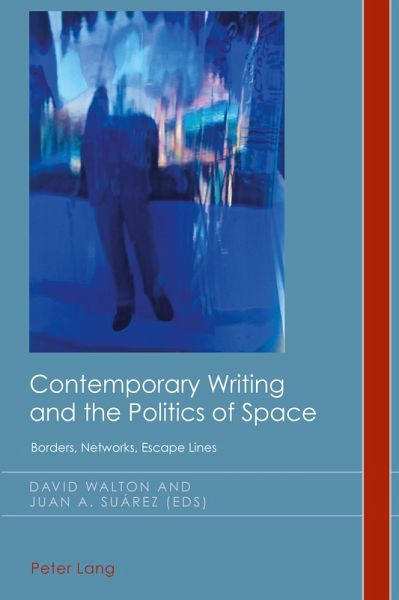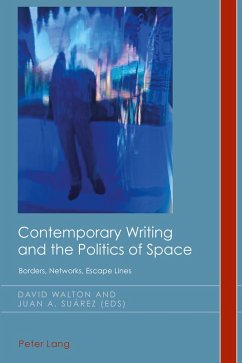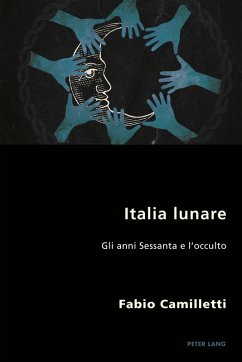
Contemporary Writing and the Politics of Space (eBook, PDF)
Borders, Networks, Escape Lines
Versandkostenfrei!
Sofort per Download lieferbar
Statt: 85,75 €**
68,95 €
inkl. MwSt.
**Preis der gedruckten Ausgabe (Broschiertes Buch)
Weitere Ausgaben:

PAYBACK Punkte
34 °P sammeln!
This collective volume explores questions of space in contemporary literary texts from a range of theoretical perspectives. In addition to mapping the «spatial turn» in literary and cultural studies, this volume also brings together studies that apply spatial theory to the analysis of literary texts. Contributors tackle a broad range of themes, including how prose fiction addresses spaces of intimacy, abjection, espionage, discipline, madness, post-human identities, post-communist cities, the architecture of dystopia, and coercive medical practices. In turn, these themes open up analysis to ...
This collective volume explores questions of space in contemporary literary texts from a range of theoretical perspectives. In addition to mapping the «spatial turn» in literary and cultural studies, this volume also brings together studies that apply spatial theory to the analysis of literary texts. Contributors tackle a broad range of themes, including how prose fiction addresses spaces of intimacy, abjection, espionage, discipline, madness, post-human identities, post-communist cities, the architecture of dystopia, and coercive medical practices. In turn, these themes open up analysis to key areas within contemporary literary and cultural criticism, including the study of sexuality, politics, power, and identity; the configuration of urban, regional, and national spaces and borders; and the delineation of private and public domains. The contributors reflect on diverse authors from English-speaking cultures and focus on a variety of genres and periods while acknowledging recent research in space studies and offering original contributions to what has now become a thriving field.
Dieser Download kann aus rechtlichen Gründen nur mit Rechnungsadresse in A, D ausgeliefert werden.













